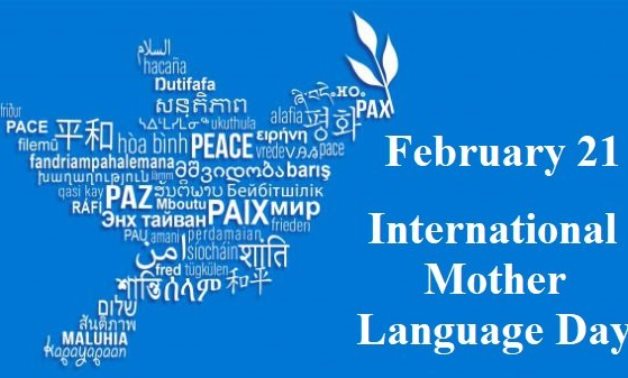International Mother Language Day is on February 21 with the theme: Multilingual education – a necessity to transform education
On February 21, 2023, the International Mother Language Day will be observed under the following theme: “Multilingual education – a necessity to transform education”
Bangladesh took the effort to establish International Mother Language Day. Since 2000, it has been observed all around the world after being adopted at the UNESCO General Conference in 1999. The UNESCO-sponsored 2023 event will focus on the following key thematic areas:
- Improving multilingual education as a requirement to change education in multilingual situations beginning with early childhood education and going far beyond;
- Supporting learning through multilingualism and multilingual education in contexts that are rapidly changing globally as well as in emergency and crisis circumstances;
- Revitalizing languages that are vanishing or are in danger of extinction.
Did you realize that out of the 6,500 or so languages spoken worldwide, one perishes every two weeks? On February 21, we observe International Mother Language Day, a day to honor and defend all of the world’s languages.
Having the ability to communicate is only one aspect of a language. Our culture heavily depends on language, especially our native tongue. Some even contend that our language has the power to alter the way we perceive the world.
If you speak to a man in a language he understands, that goes to his head, Nelson Mandela famously stated. Speaking to him in his language will touch his heart. Fewer than 100 of the world’s languages are used in the digital sphere, and at least 43% of all languages are endangered. English, Chinese Mandarin, Spanish, Arabic, Portuguese, Indonesian, Malayan, Japanese, Russian, and German are the top languages used on the internet. However, everyone has the right to speak their native tongue and to preserve the memories, customs, and ways of thought that their language embodies. And this is the main focus of International Mother Language Day.
40% of the world’s population lacks access to education in a language they can speak or understand. However, due to a growing appreciation of its significance, particularly in the early years of education, and a greater commitment to its advancement in public life, multilingual education is making headway.
The Sustainable Development Goals’ emphasis on ensuring that no one is left behind and the importance of languages and multilingualism are both acknowledged on International Mother Language Day. Multilingual education based on mother tongue or first language is encouraged and promoted by UNESCO. It is a kind of education that starts with the language that the student already knows the best before introducing additional languages progressively. With this strategy, students whose mother tongue differs from the language of instruction can more easily make the transition from home to school, get a better understanding of the educational setting, and learn more effectively.
The growth of inclusive communities that permit the coexistence and cross-fertilization of various cultures, worldviews, and knowledge systems is facilitated by multilingualism.
The recommendations presented at the Transforming Education Summit, where a focus was also placed on Indigenous people’s education and languages, are in line with the topic of the 2023 International Mother Language Day, “Multilingual education – a necessity to transform education”
Mother-tongue-based multilingual education makes it easier for groups of people who speak indigenous languages, minority languages, and non-dominant languages to receive education and be included in it.




